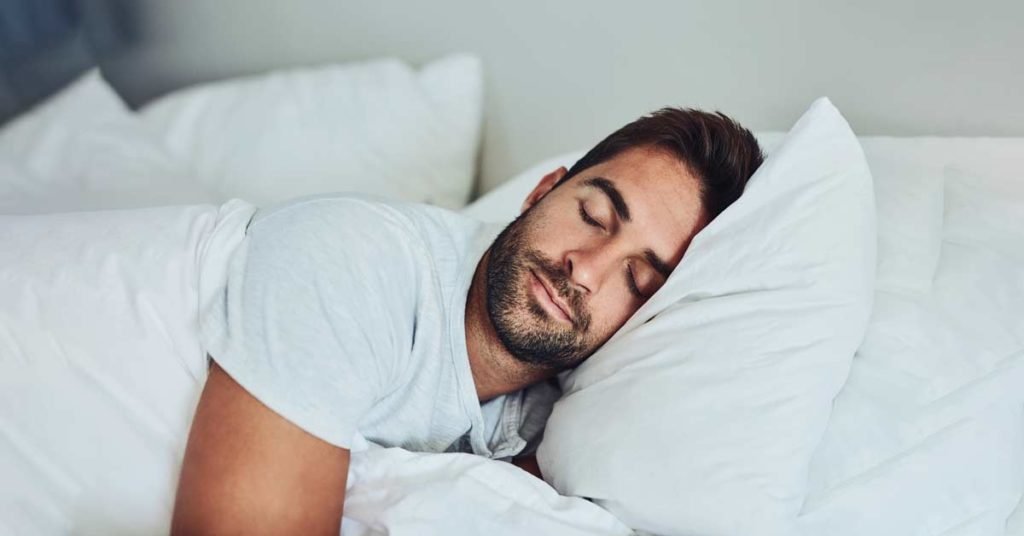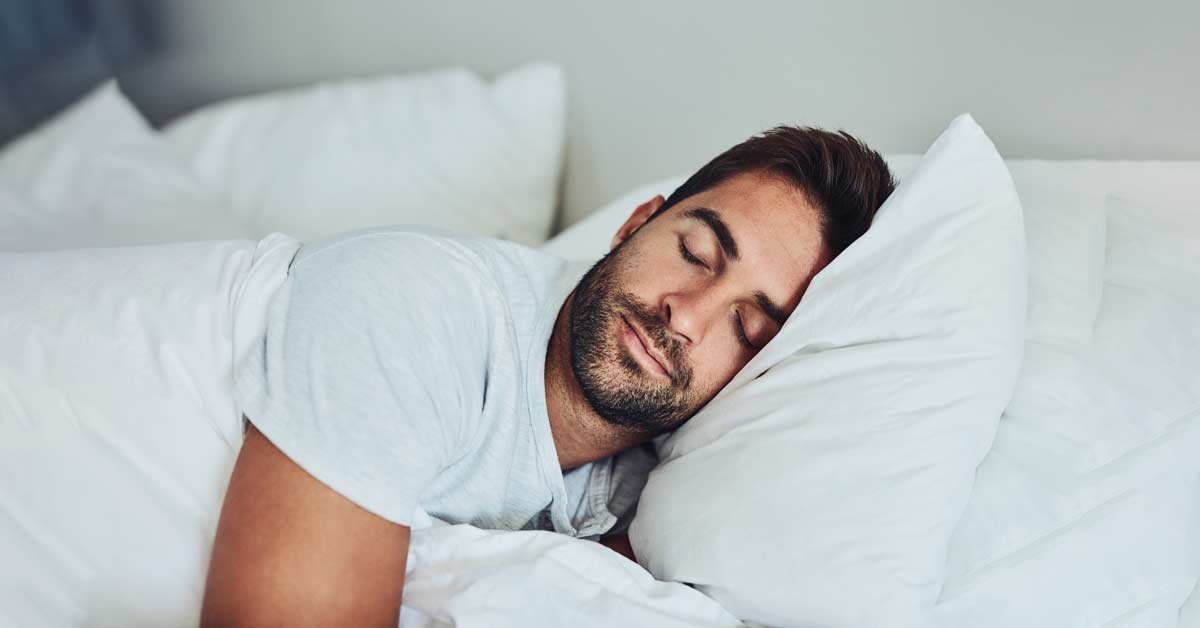People who prefer late-night work schedules are likely to underperform twice as much as early birds, suggested a study from Finland.
Study Proves Higher Risk Of Underperformance Among Late-Night Sleepers
The reports on the study were published in the journal Occupational & Environmental Medicine.

The researchers took four years to wind up their study, which enrolled 5,881 people who were born in 1966. The participants were from northern parts of Finland and the study was conducted on their working life and health. They were also inquired about their sleep patterns to determine what their natural chronotype was when they were at the age of 46 in 2012.
The study found out that 72% of those who enrolled were working day jobs. Whereas, 10% of men and 12% of women were late-night workers. The rest of the others belonged to the group of early risers or intermediate chronotypes, as termed by the researchers.
Another finding of the study suggested that early risers tend to perform well early in the morning, just contrary to evening types. The clock that is within each individual is solely not genetic, but also determined by work schedules, family life, and exposure to daylight.
Experts said that the chronotype is an individual’s preference for sleep and other activities, which is an internal process that plays a major role in a person’s sleep patterns, metabolism, and body temperature along with influencing hormones.
Roughly around a quarter among those who are classified as evening types in the study rated their performance as poor. This was determined by the internationally accepted scale developed to determine people who have poor workability and a higher risk of early retirement due to disability.
The researchers said that this was remarkably a higher proportion to early risers or intermediates.
Kristen Knutson, an associate professor at Northwestern University said that the evening types will not rate their workability as high as morning types if they have to work in the early morning. A reverse evaluation would also be true. Knutson added that the early morning types will feel worse than the evening types in case the normal business hours were 3.p.m to 11 p.m.
Knutson further said that the time of day we perform the best is dictated by the internal biological clock, the underlying mechanism within an individual.
Since the study was held on people from Finland, Knutson said that its findings are also likely to be applied to the United States. Besides, the experts pointed out that these findings might not be applicable everywhere, since, in Finland, the business hours start earlier at 8. P.m., and the manual work hours get started earlier than this. The experts also suggested that further studies need to be done particularly on this topic.
The study authors, Dr. Tapio Räihä and Leena Ala-Mursula from the Center for Life Course Health Research said that the study is an initiative on the level of the population to provide evidence that evening chronotype could be related to poor workability. They added that their findings are new and need to be confirmed after conducting further studies. However, the findings are well in line with previous evidence on eveningness being related to poorer health and functioning.

